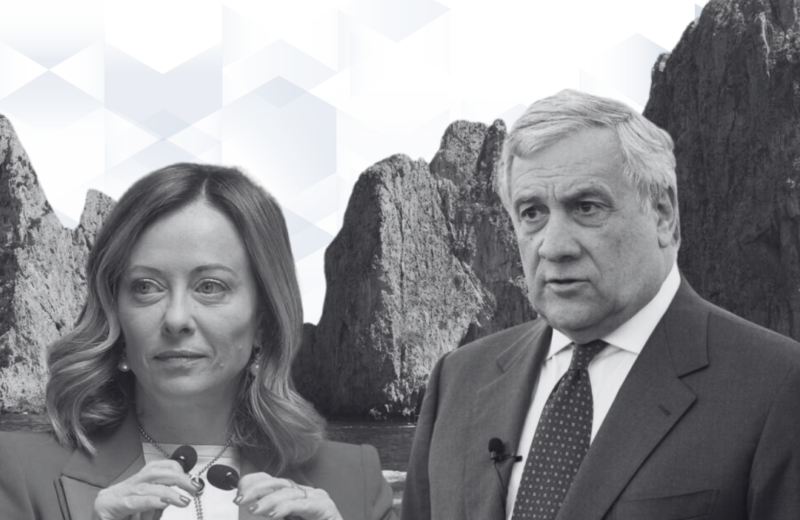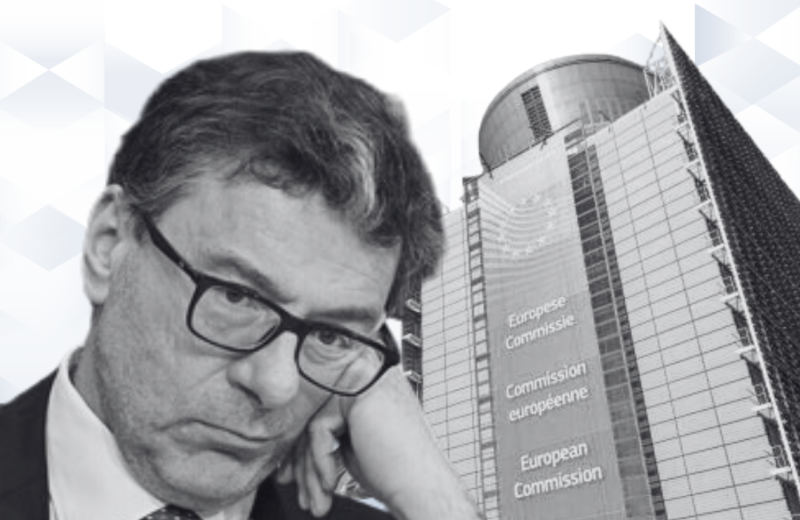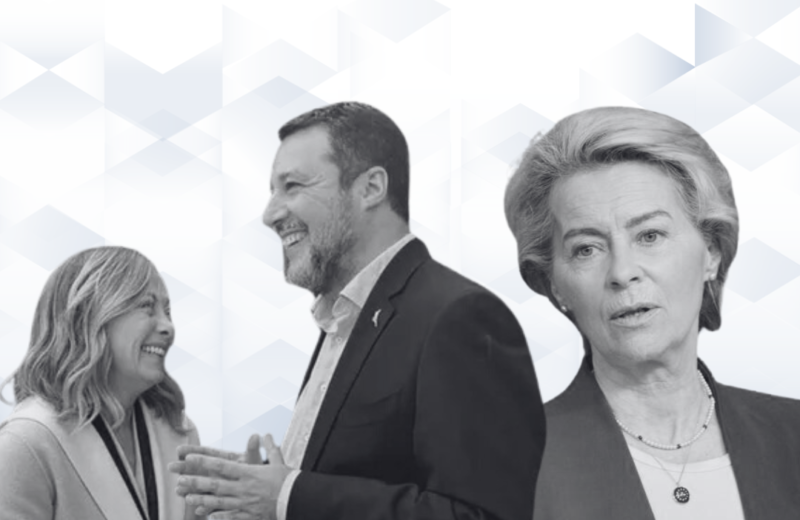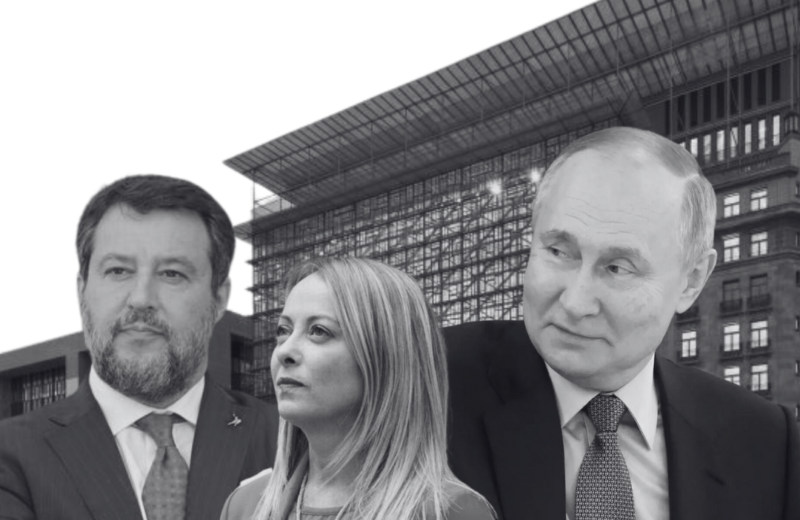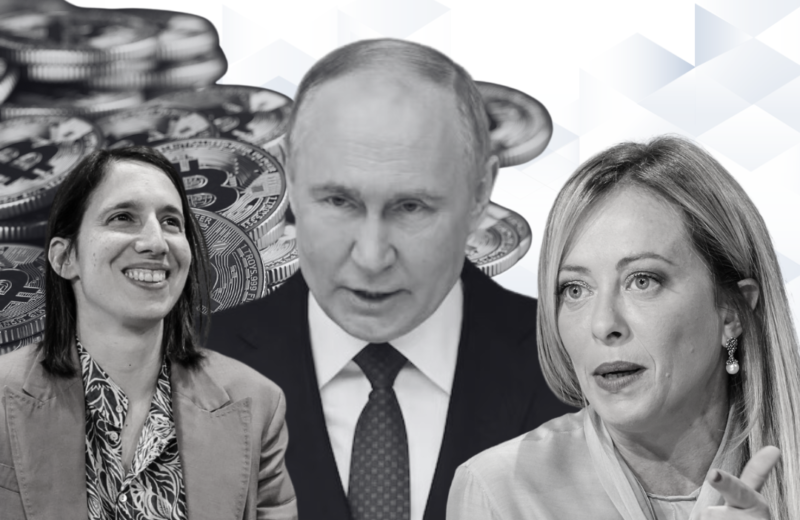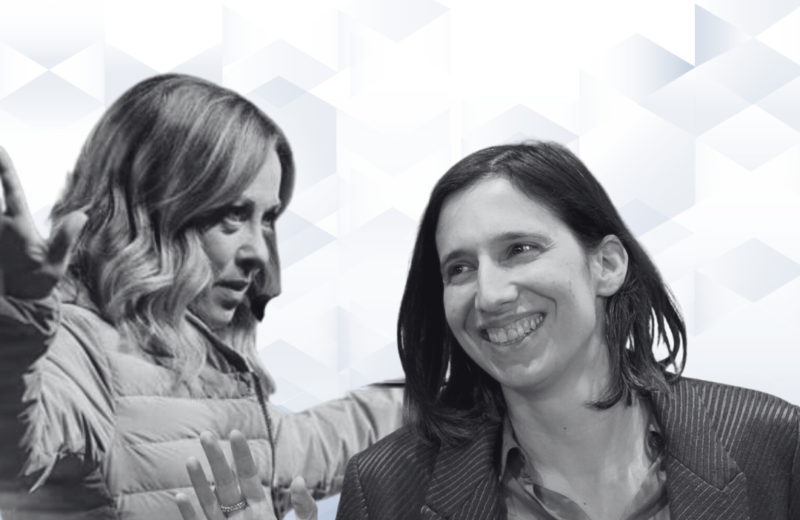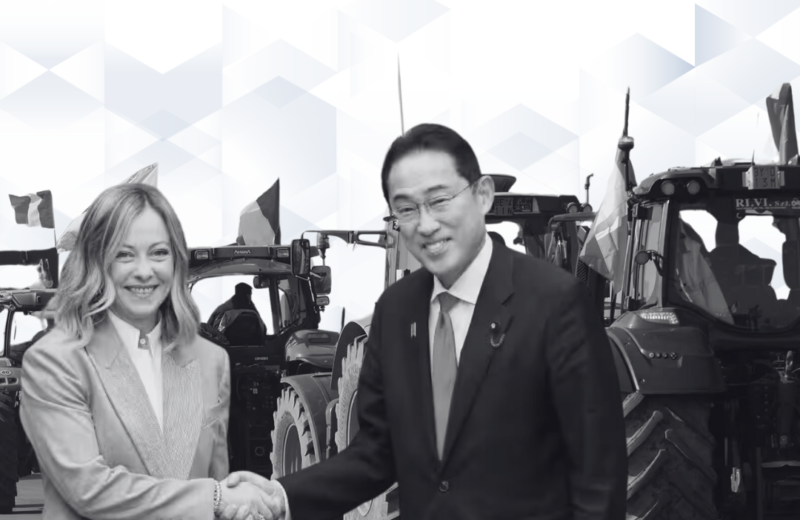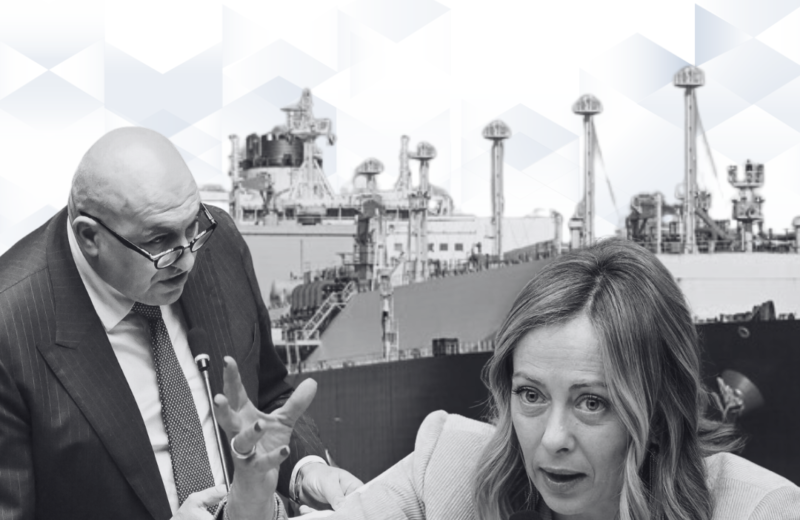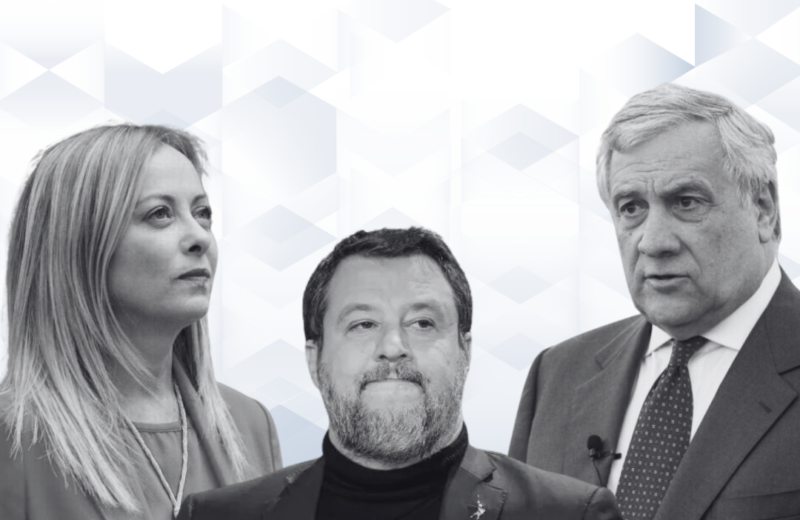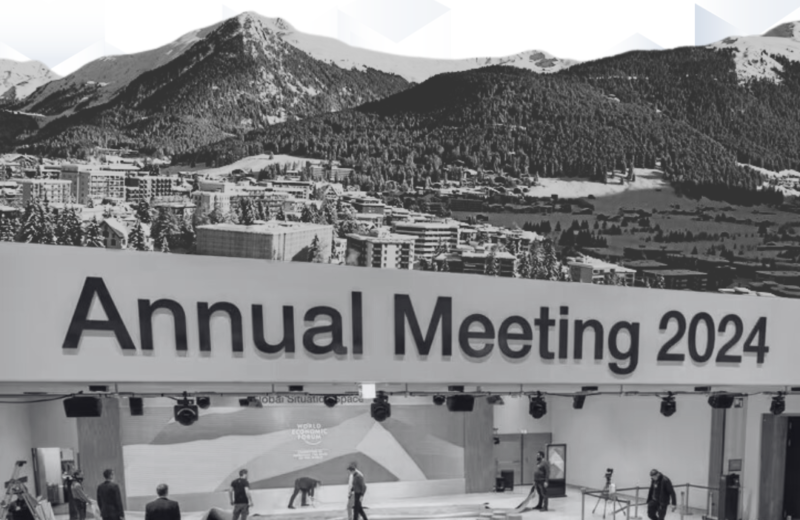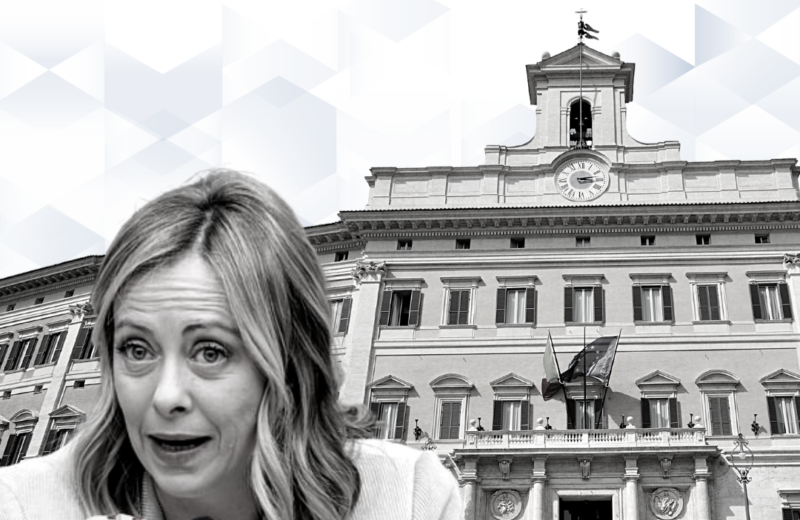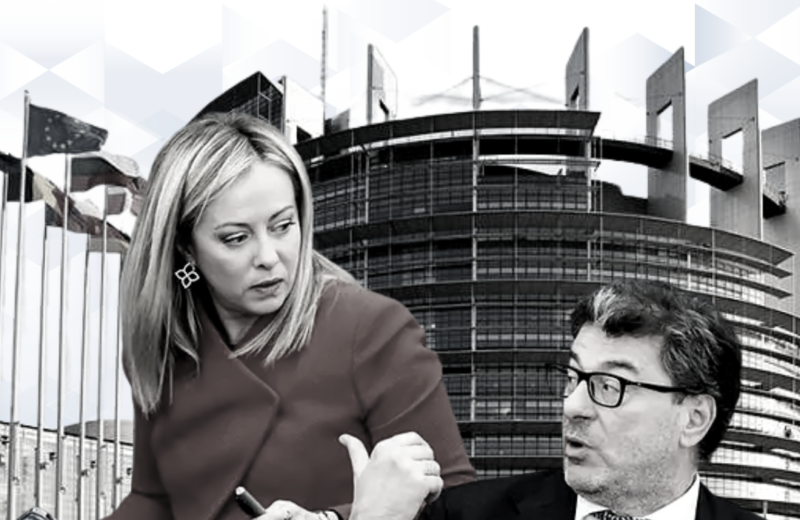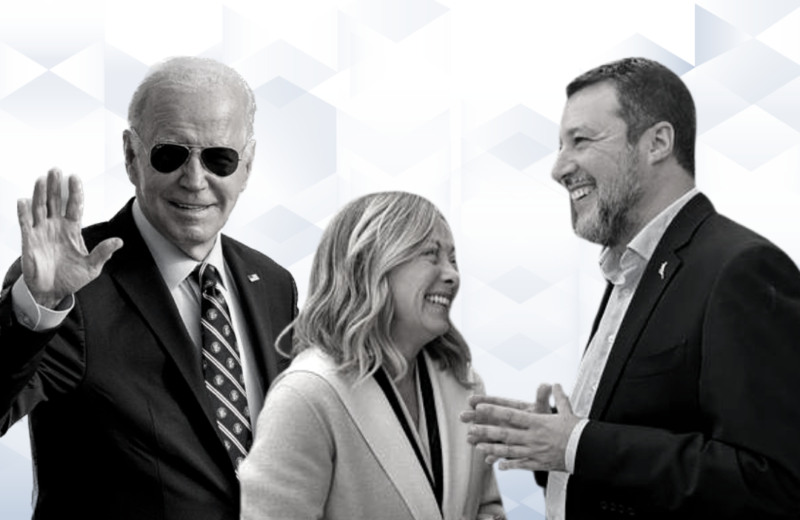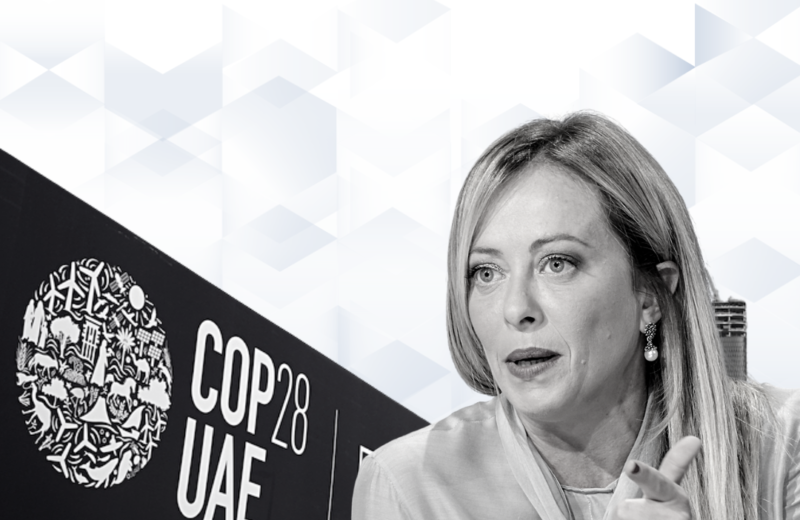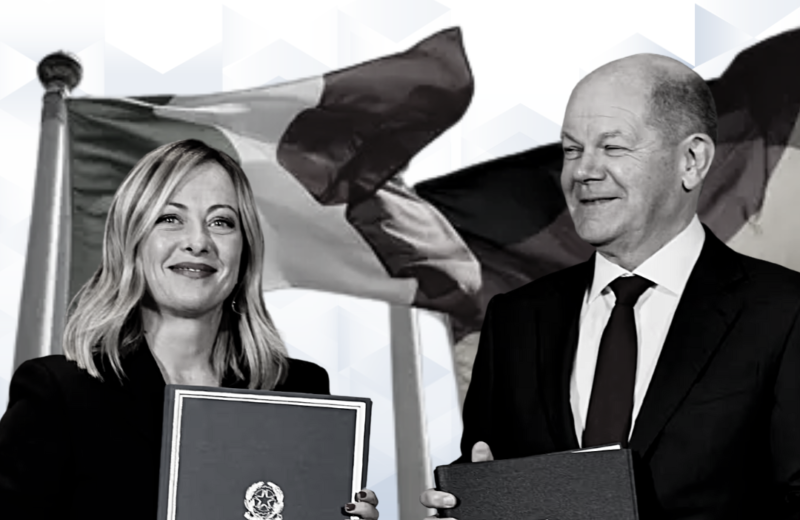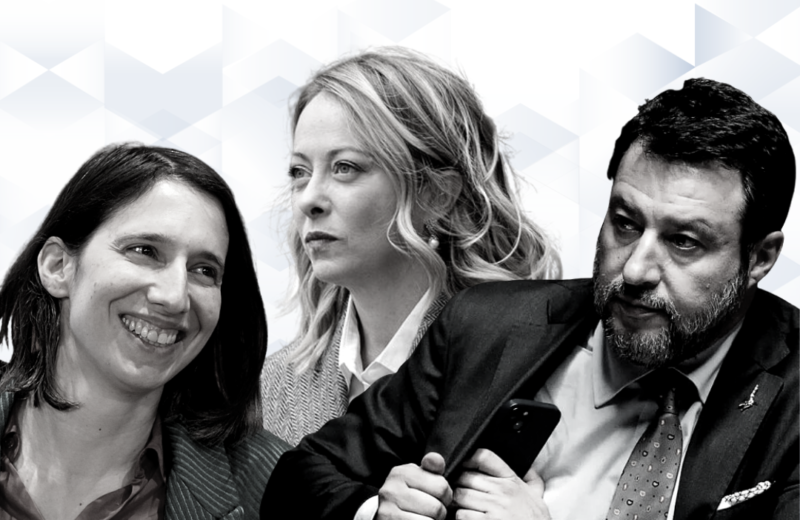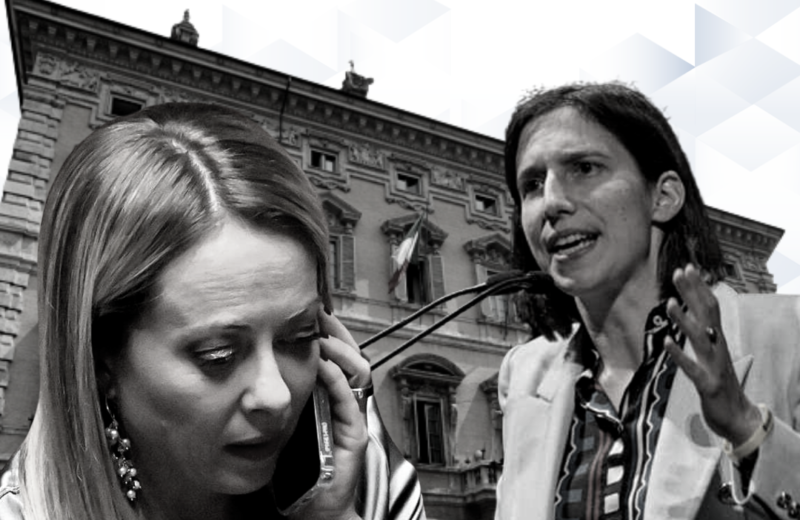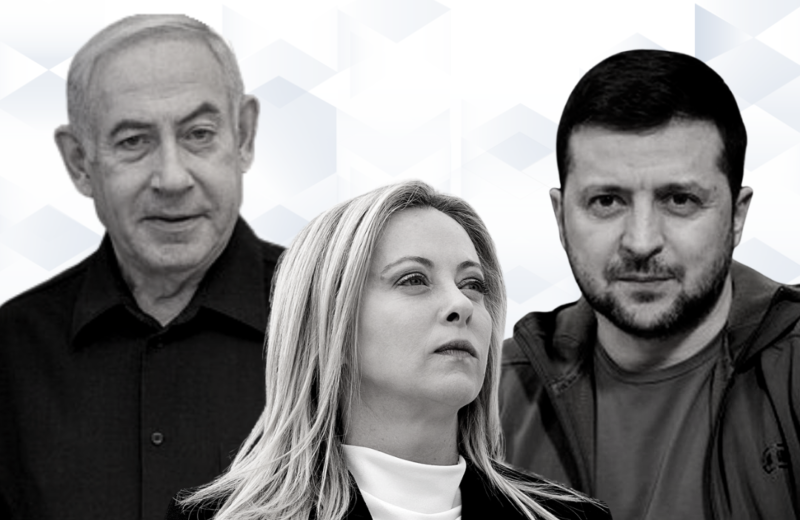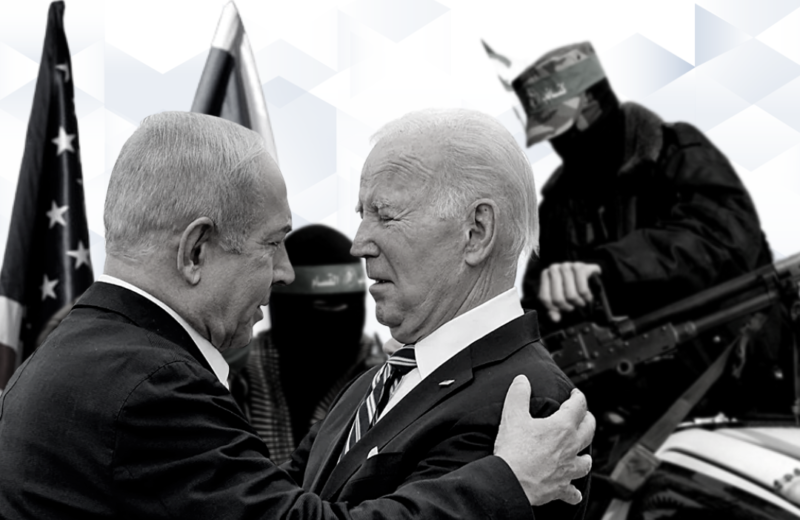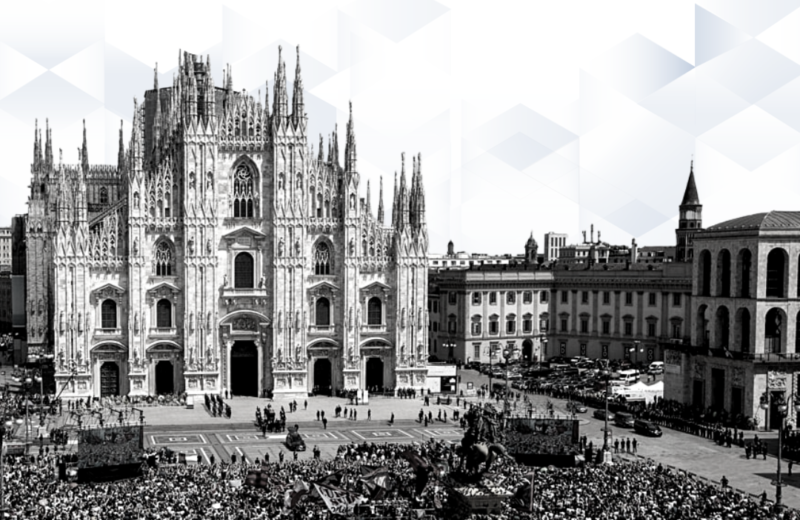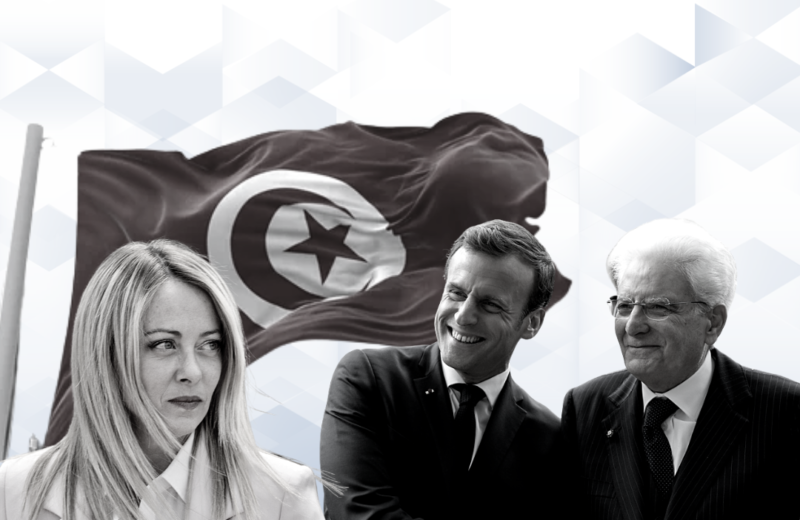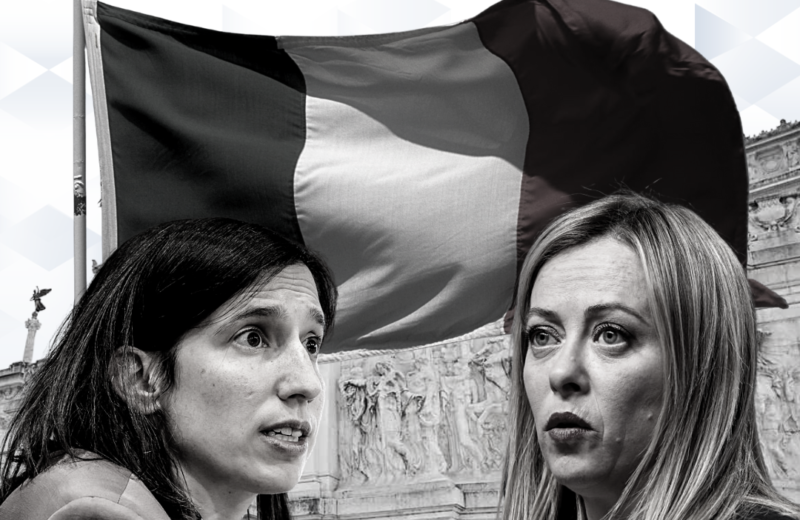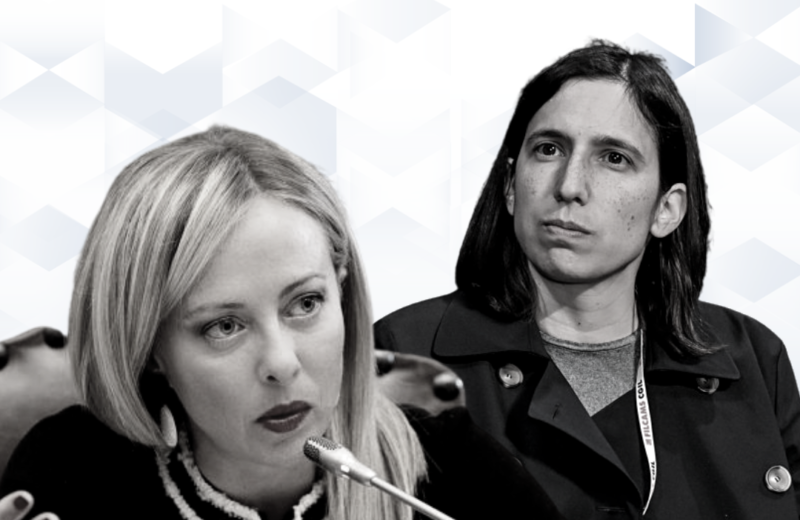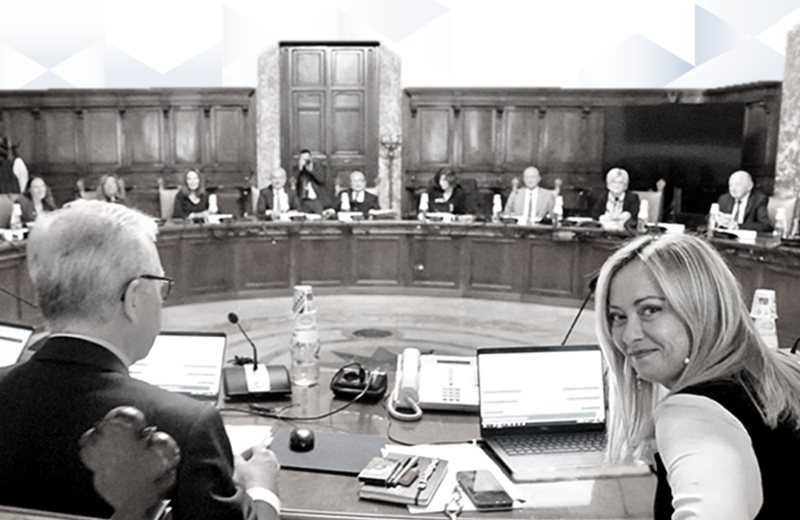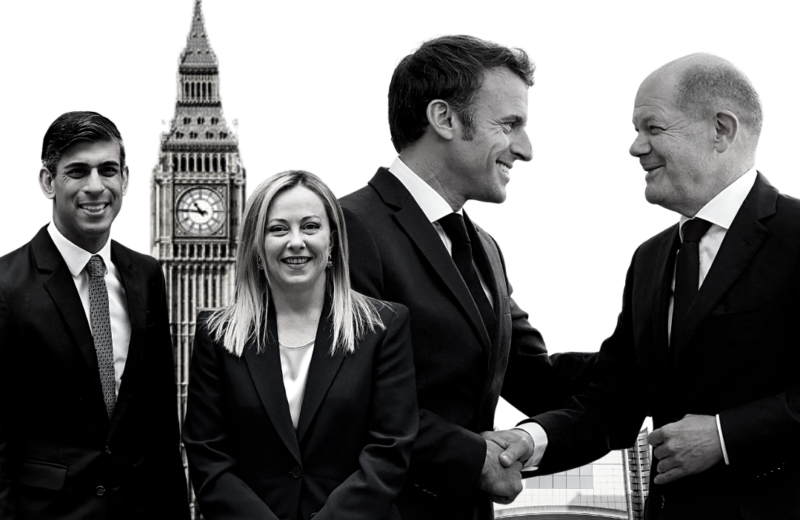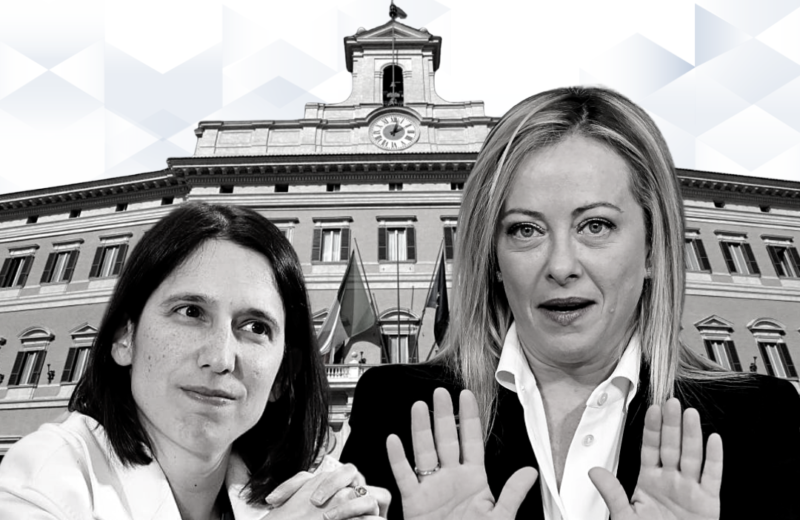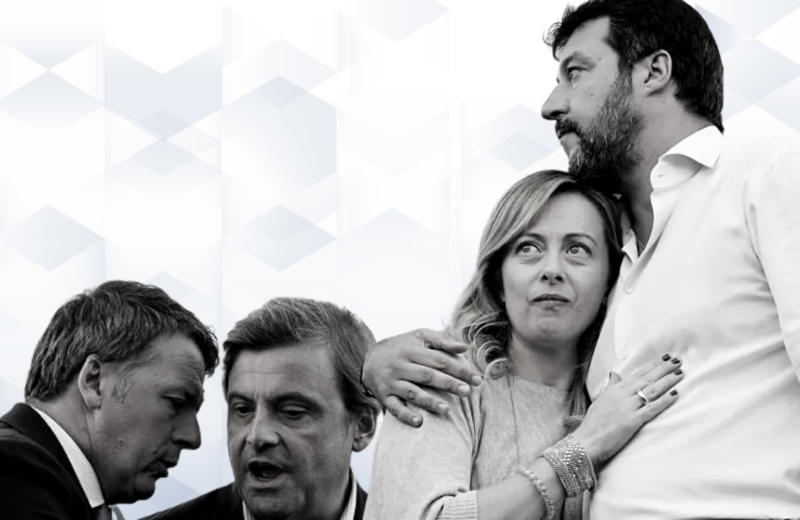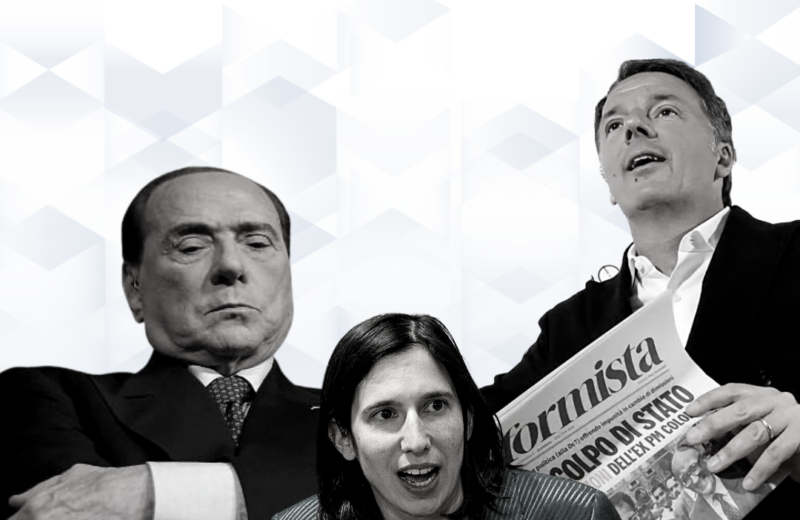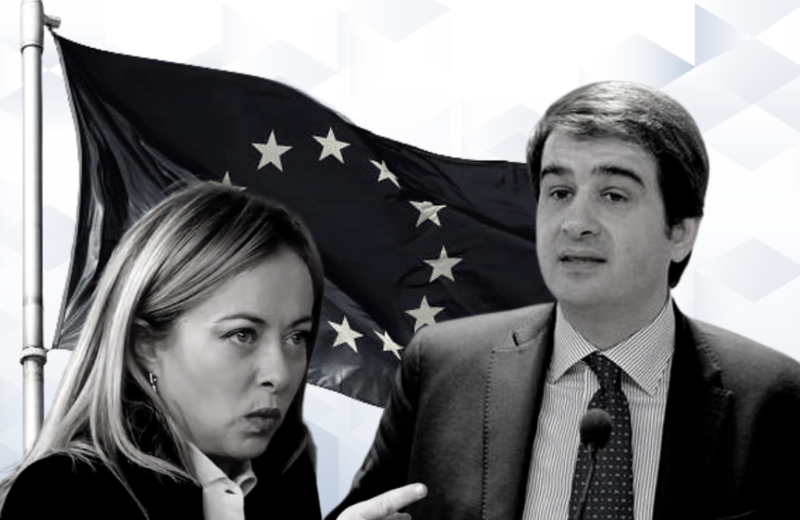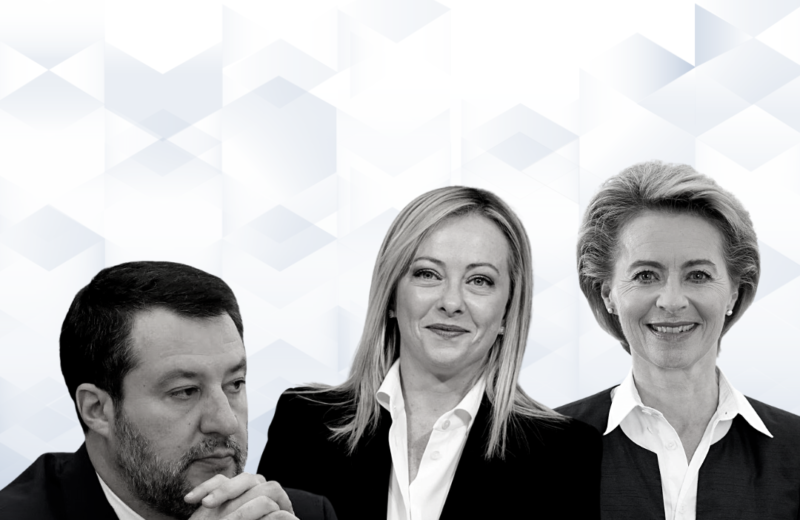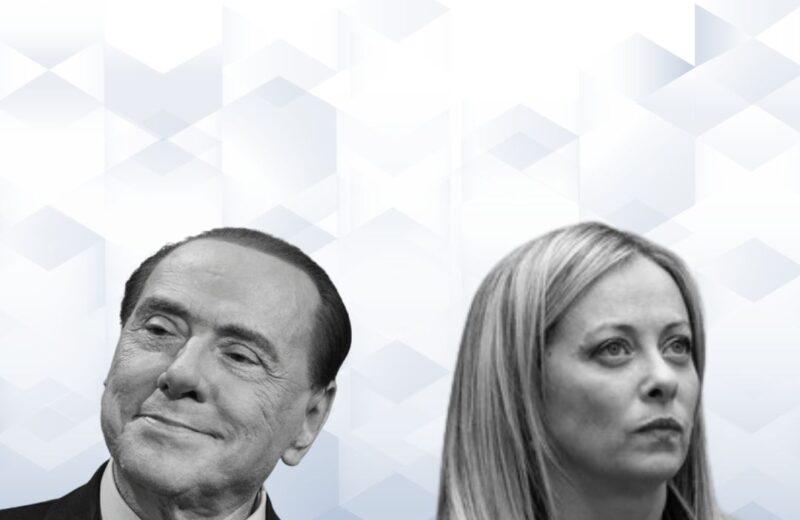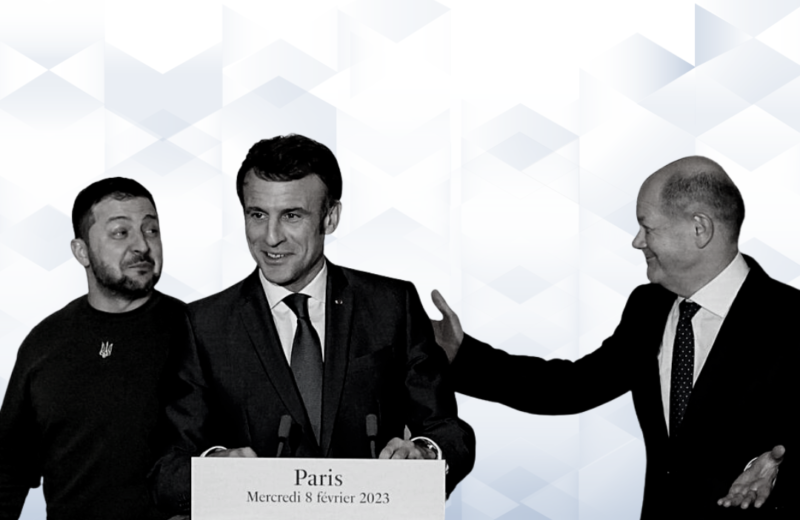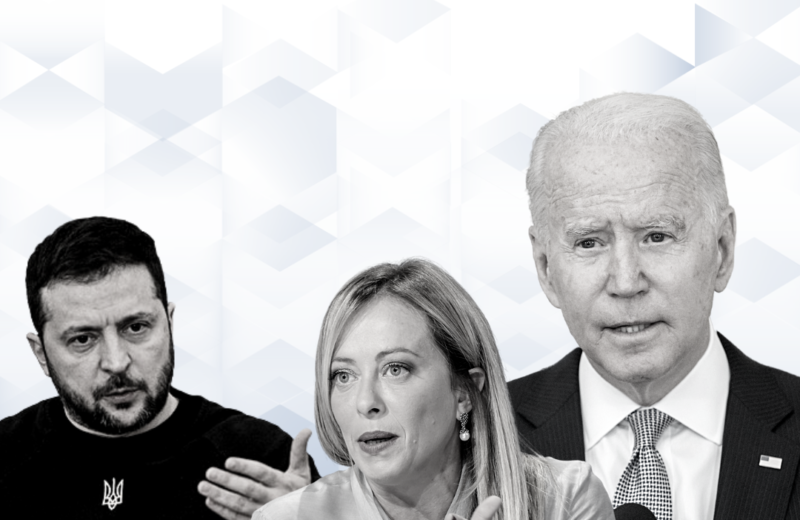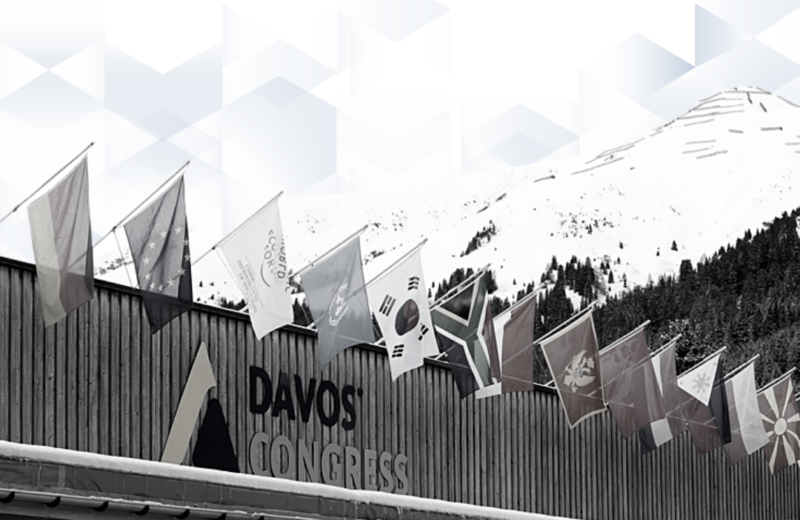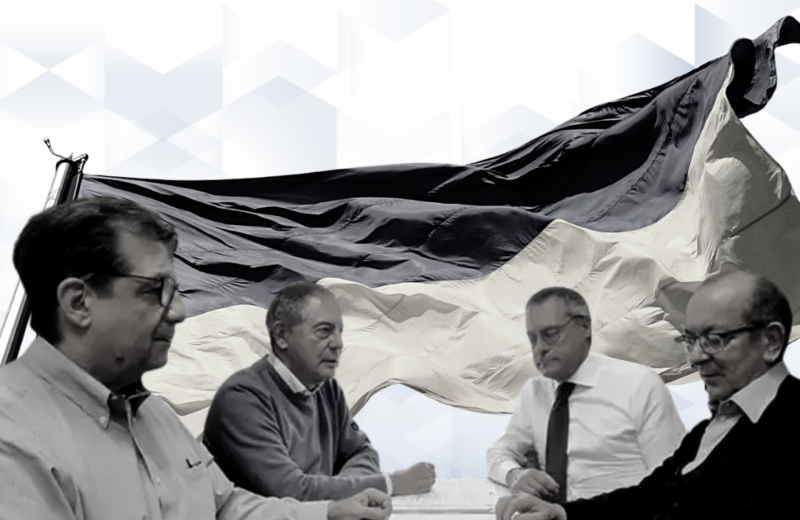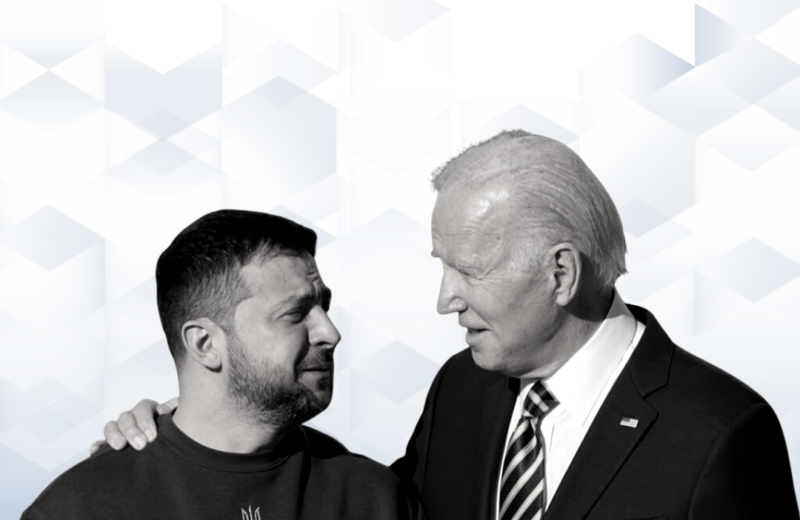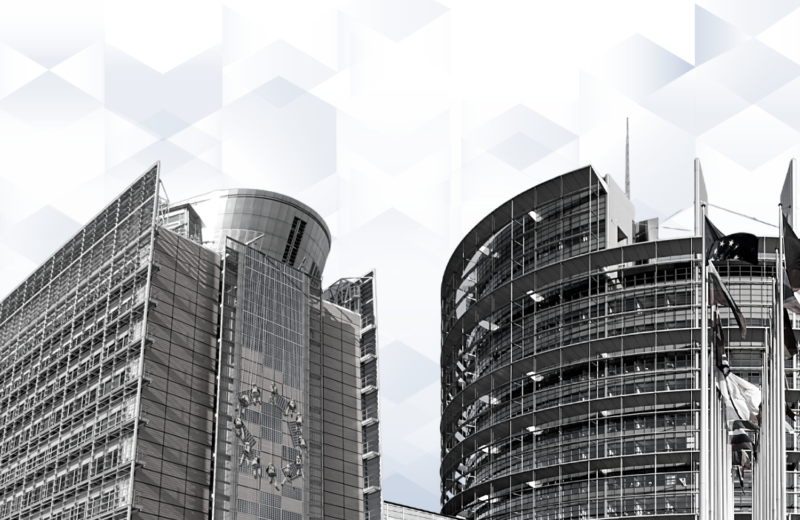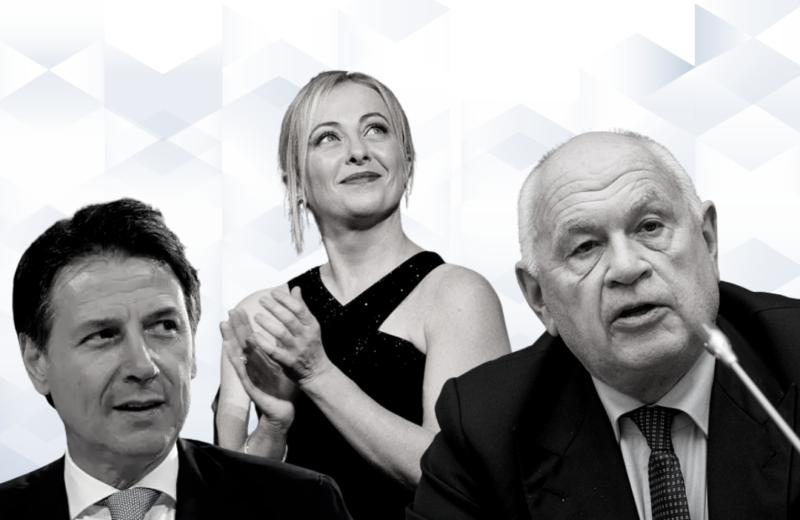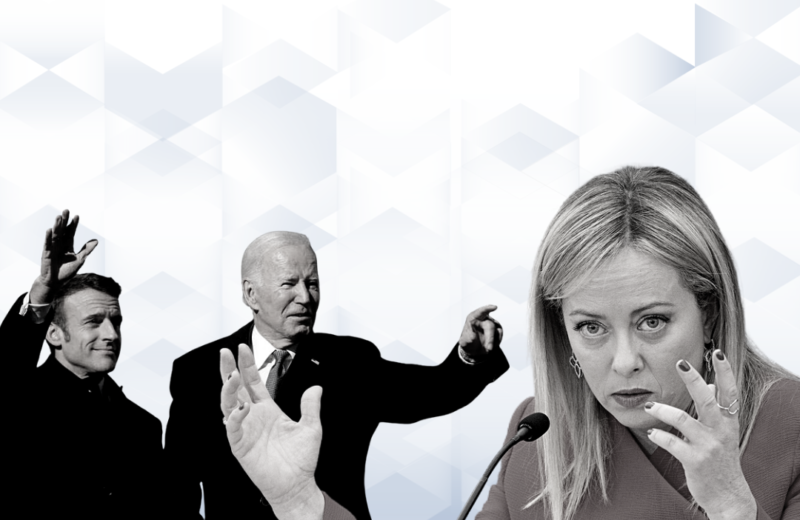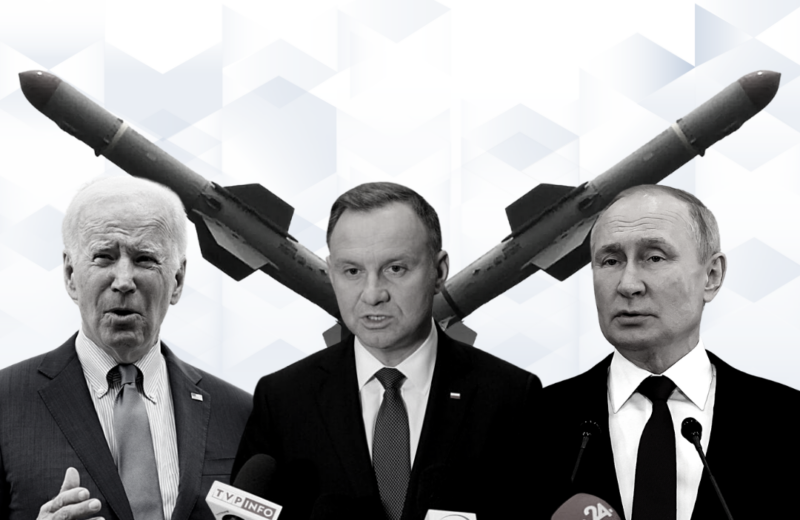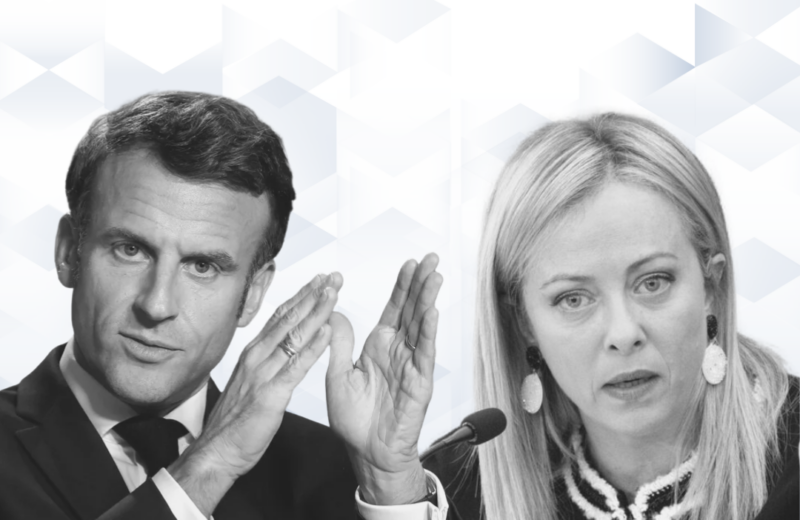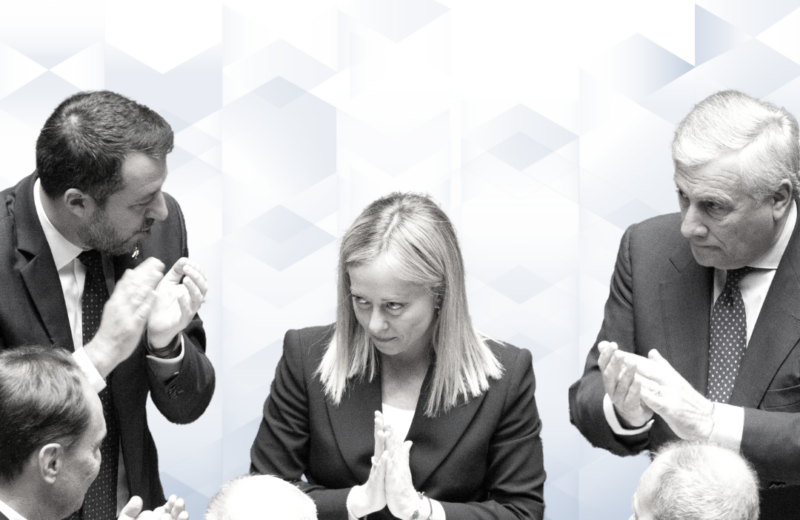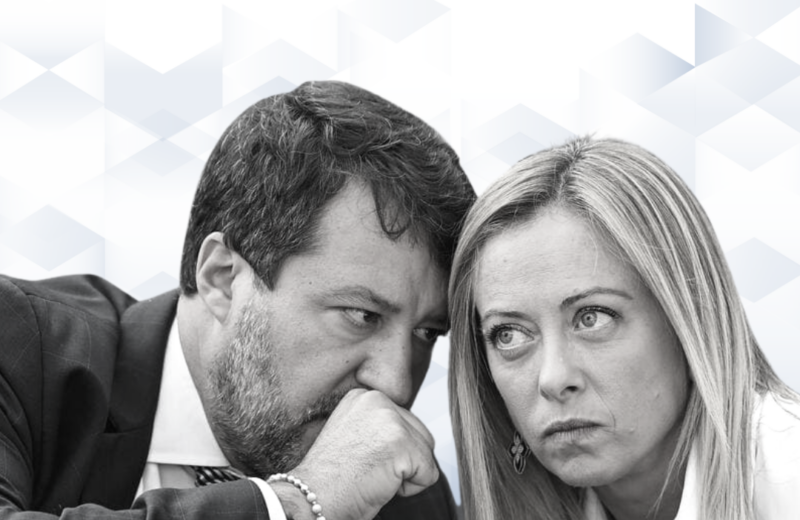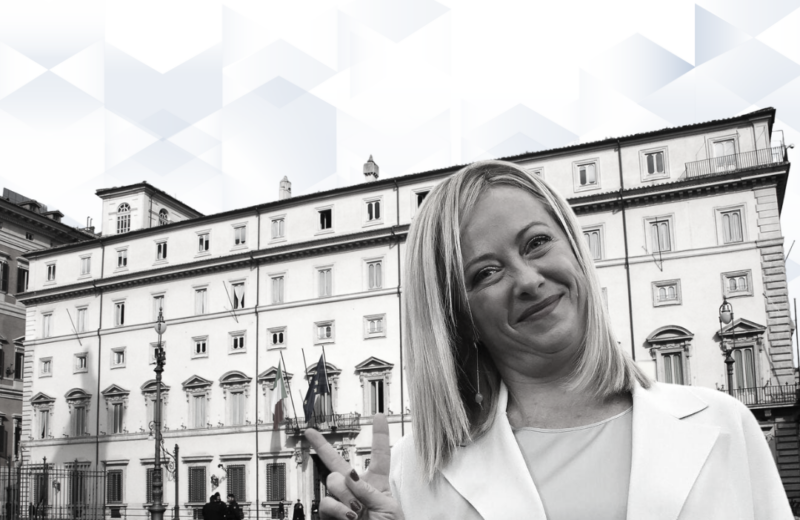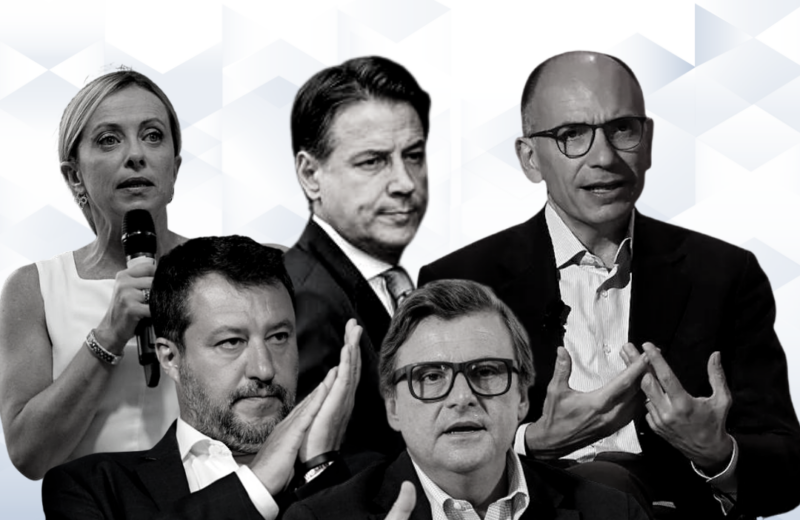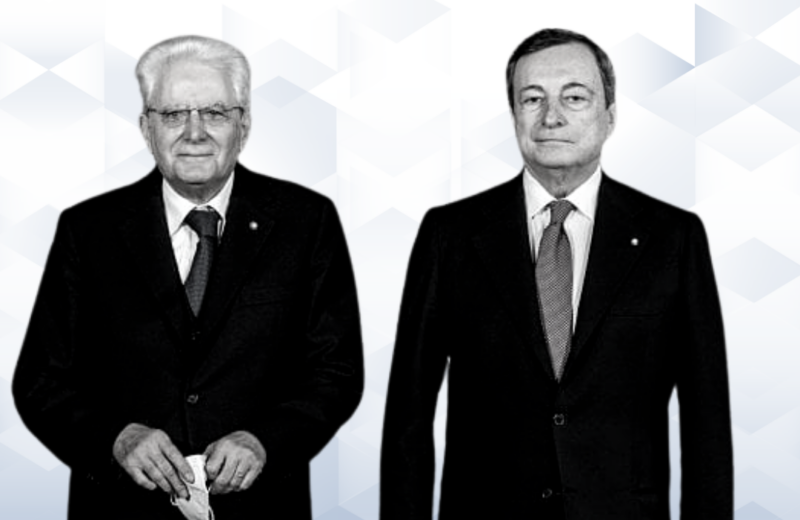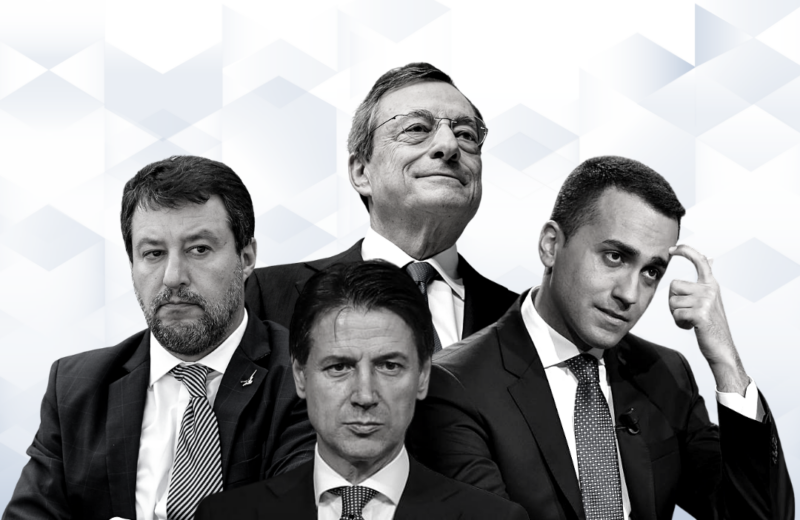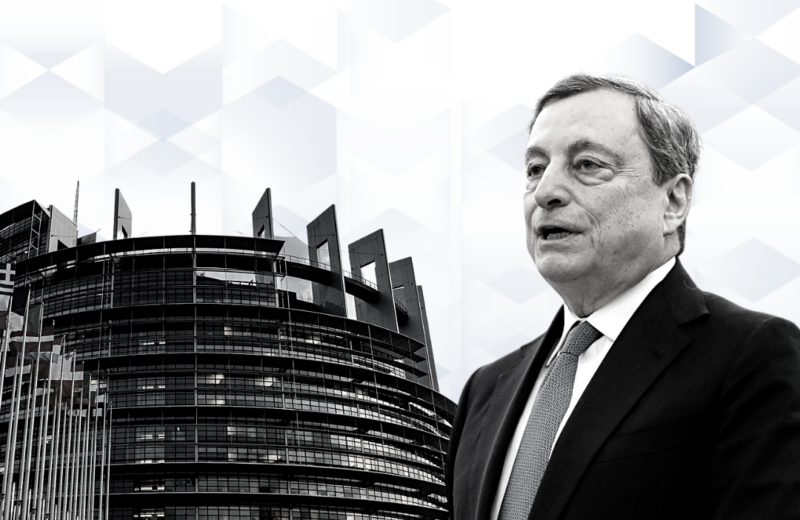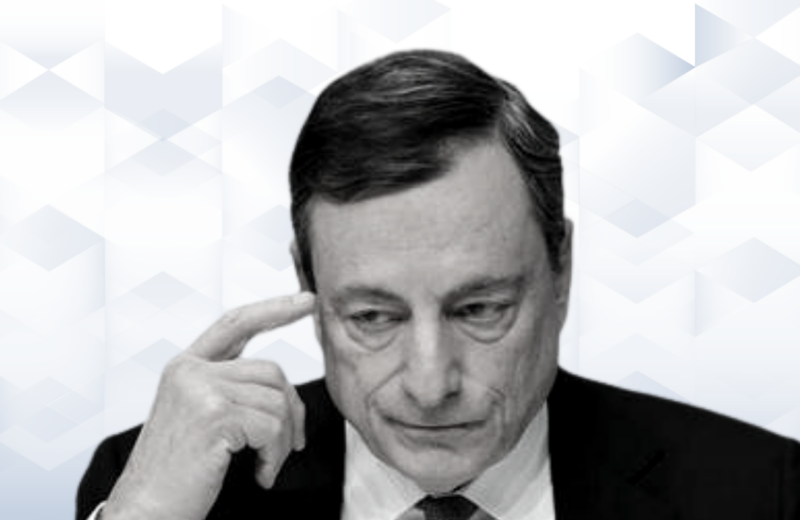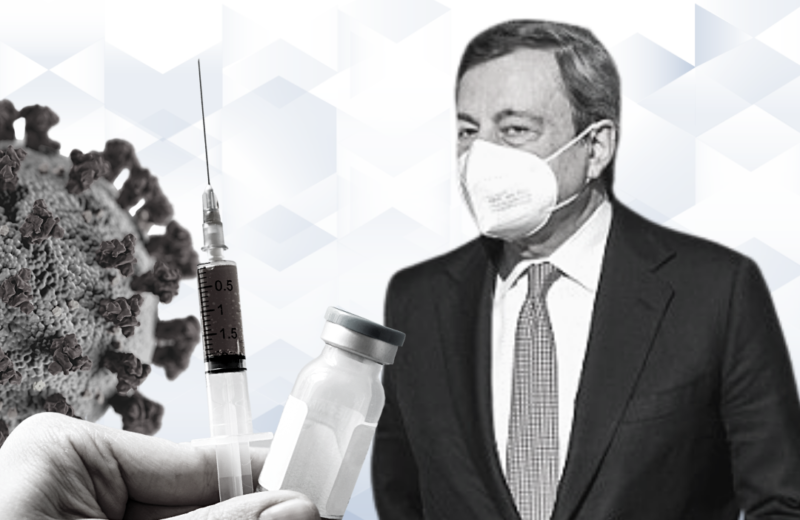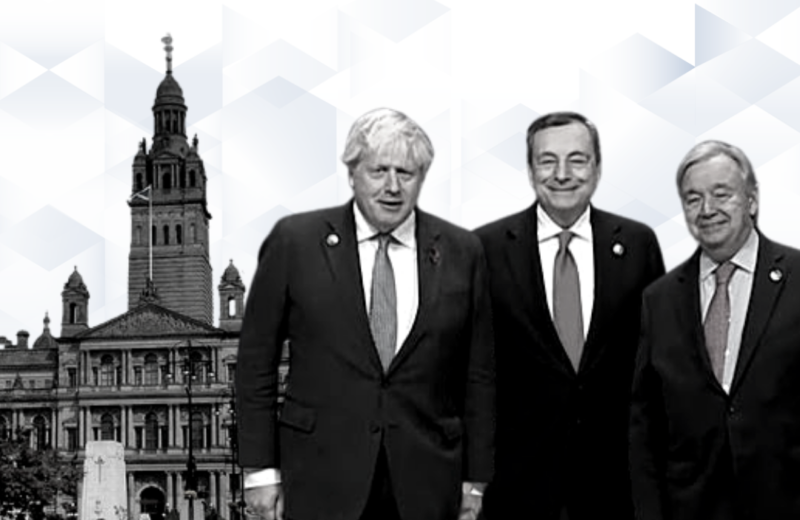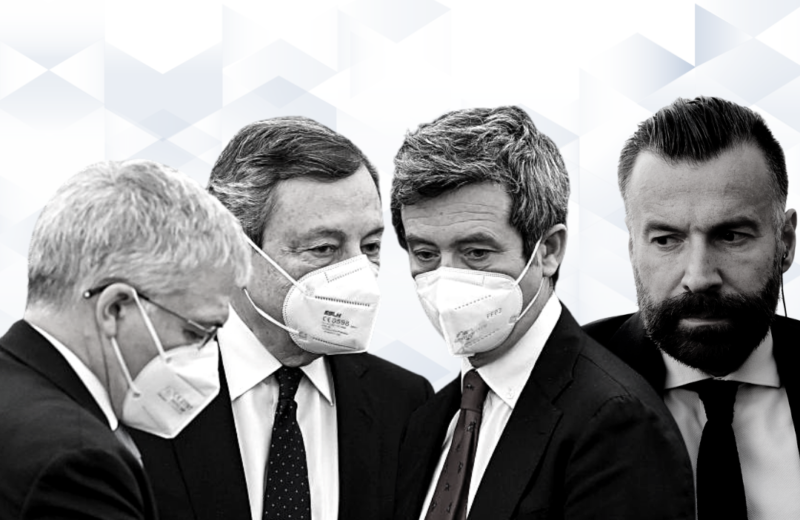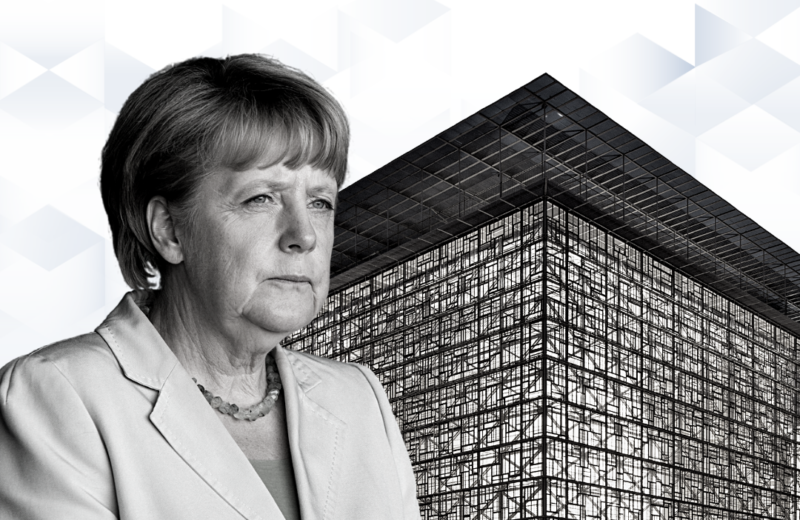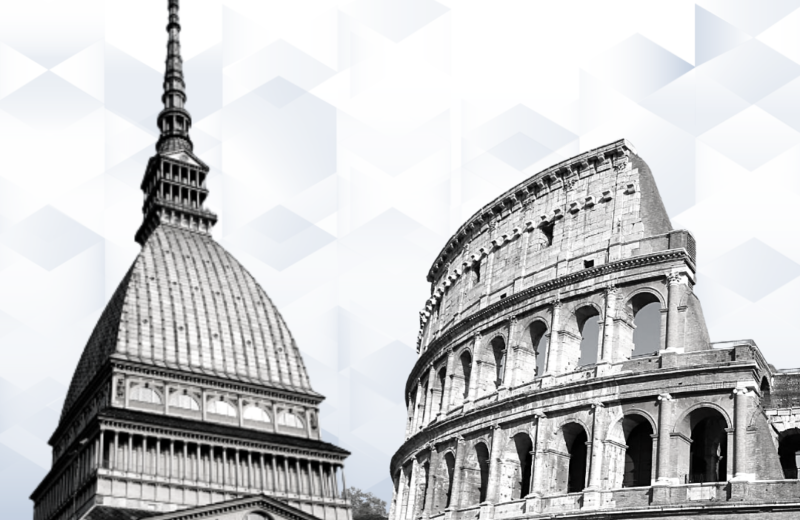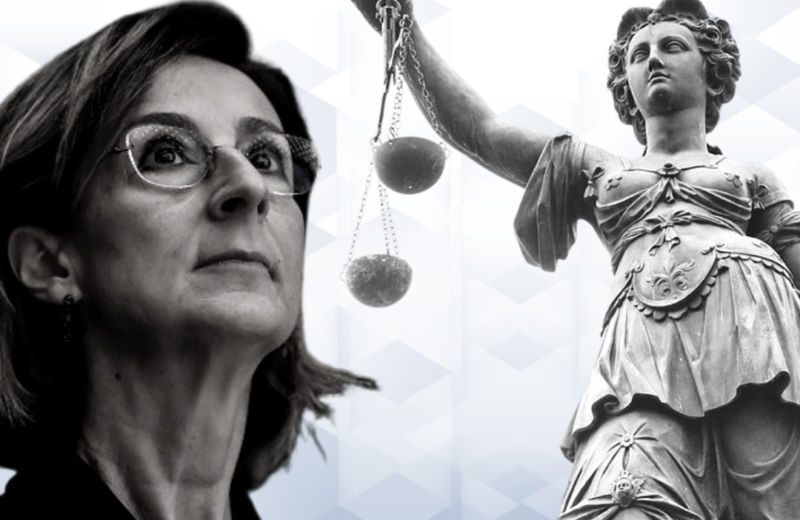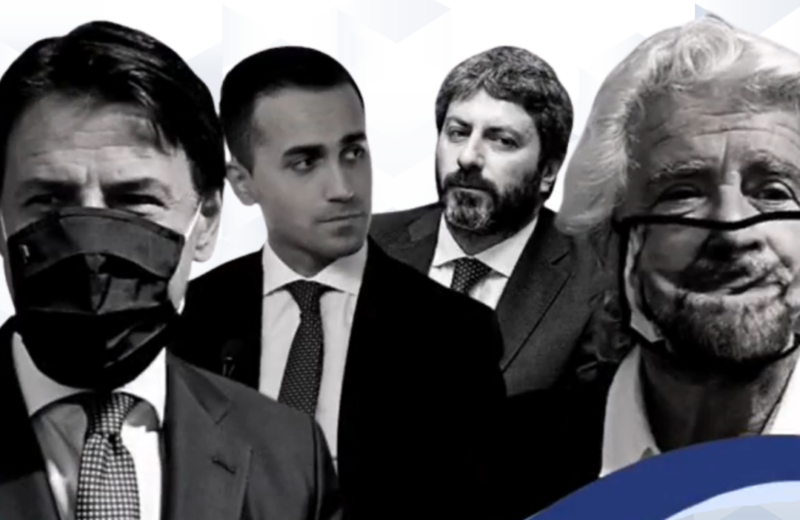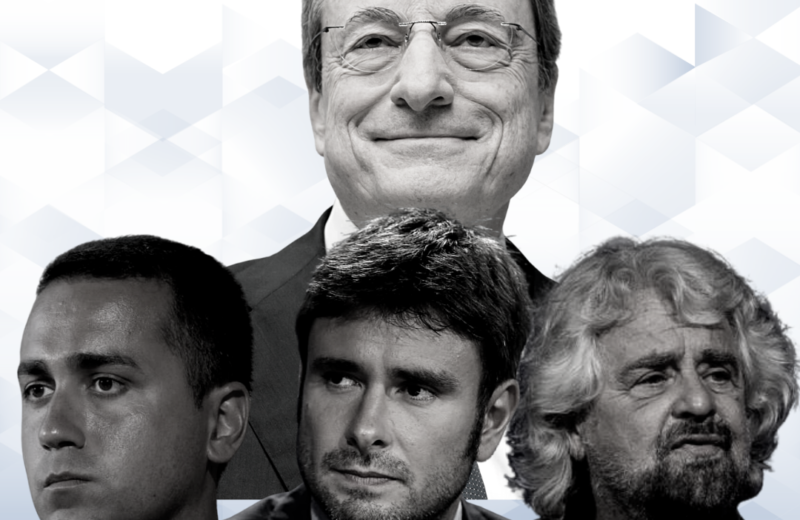The XIX legislature starts uphill
On Thursday, the XIX legislature began with the inauguration of the new Parliament marked by the reduced number of its members following the cut in MPs: 200 Senators instead of 315 and 400 Deputies instead of 630. In the first sitting, Senators and Deputies were called upon to elect the Presidents of the two branches of Parliament in a particularly important institutional step on which discussions and negotiations within the center-right went on for days. In the Chamber, the work went more smoothly, with the election of Lorenzo Fontana taking place without any particular difficulties. Difficulties emerged, however, in the election of Ignazio La Russa as President of the Senate. The votes obtained were 116, but most of the Forza Italia Senators, with the sole exception of Silvio Berlusconi and Elisabetta Casellati, chose not to take part in the vote as a sign of protest for not being sufficiently satisfied with the composition, in itinere, of the government team. So where did these votes come from? From the opposition? PD, M5S and Terzo Polo deny it. The problem is all of a political nature: the majority and the opposition are divided, with effects that presage a very fragile parliamentary balance, which will make government action very complex. But above all, it could complicate the road map for the formation of the executive itself right from the start.
It will still take a couple of weeks or so to have a government in full working order. But it is clear that the tug-of-war will agitate discussions. On the one hand, the Prime Minister in pectore Giorgia Meloni seems intent on the formation of a team with a high institutional profile, a requirement for which she wants to evaluate every candidature on its merits. On the other side are the allies, with their respective internal party balances to be satisfied. A distance into which the “Ronzulli” case has also inserted itself, which has soured relations between Fratelli d’Italia and Berlusconi in particular. The center-right feels the duty to show itself as united as possible after an electoral campaign in which the solidity of the coalition was also relied upon to face difficult challenges, but unity is proving very difficult to achieve.
All this happened in the context of the bitterest phase of the Russian-Ukrainian war. At first light on Monday, Russia bombarded Kiev and several other Ukrainian cities with dozens of missiles that also hit civilian targets. President Putin made no secret of the vindictive nature of the attack in response to the explosion on the Kerch bridge linking Crimea and Russia, a place of great strategic importance to the Russian military. If for some months the news about the war in Ukraine had physiologically remained in the background of the national debate, in the last week the dossier has – sadly – returned to the spotlight. NATO called it the «most serious escalation» since the beginning of the conflict, while US President Joe Biden made explicit reference to the atrocities and war crimes allegedly committed by Putin, pointing out that the risk of a nuclear «apocalypse» has never been so high since the Cuban Missile Crisis in 1962. In response, the international community rallies even more closely around the Ukrainian people, reaffirming its support for Kiev and condemning Moscow’s actions, which further aggravate the Kremlin’s position in the context of its unjustifiable aggression. The Russian reaction, however, seems to confirm the military and political difficulties the Kremlin has been facing in recent weeks.
In the confusion of the global context, one thing is certain: the international framework in which Italy moves is increasingly tense and fragile, and the challenges ahead do not allow any time to be wasted. Unity and balance are needed for a country like ours that is exposed more than many others to the crisis areas threatening Europe.
